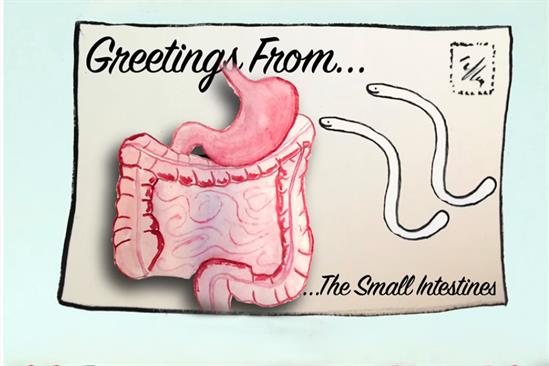Staff record the numbers of children receiving deworming medicine from their teacher on deworming day at a school in Hyderabad.
Providing evidence-based guidance to eliminate and control STH
WHO provides Member States with evidence-based recommendations aimed to help decision‐making and national policy development for strategies to eliminate and control neglected tropical diseases.
For control of STH, WHO has published guidelines that examined all the available evidence on the effectiveness of the deworming intervention. Additionally, WHO periodically convenes meetings of experts and stakeholders to address technical and operational challenges reported from national control programmes in endemic countries, review results from ongoing research and establish priorities for new research aimed at the development and application of improved strategies for achieving the targets.






